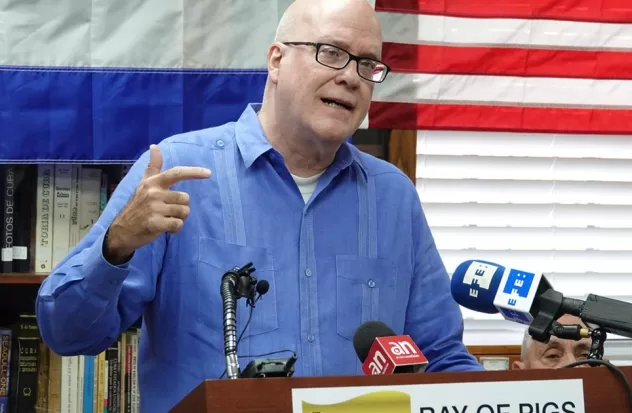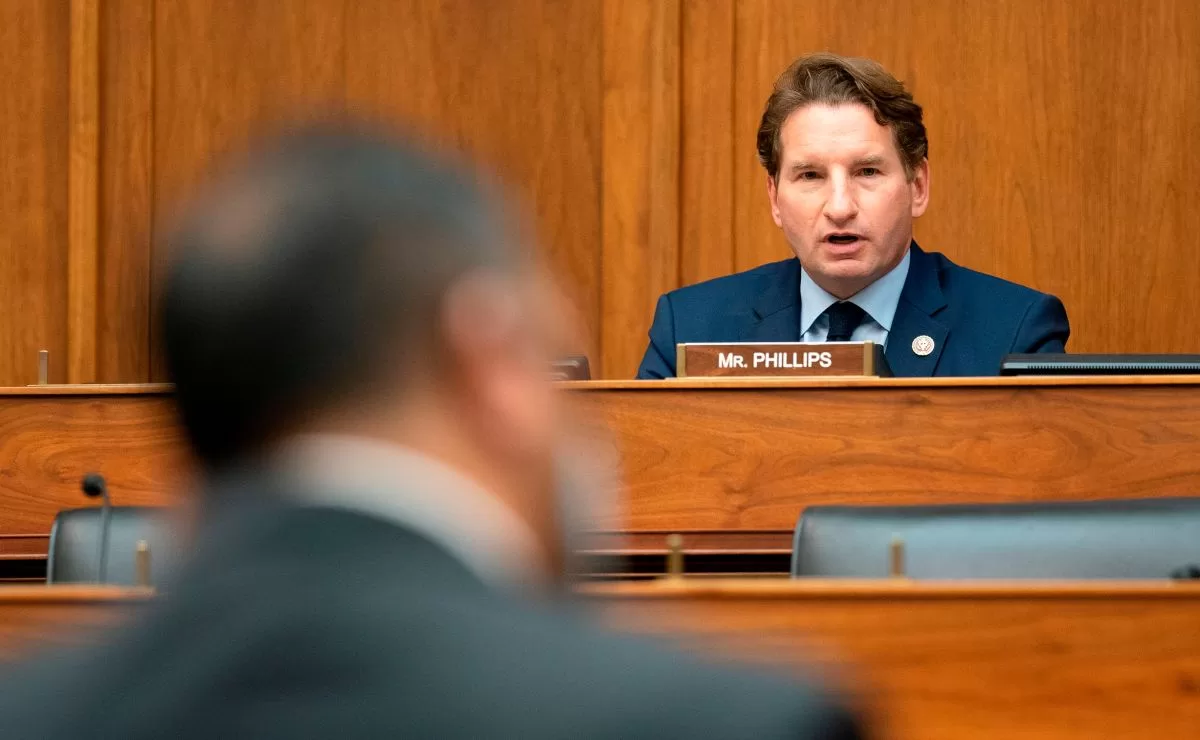Orlando Gutiérrez-Boronat, national coordinator of the ARC, said in a statement sent to DIARIO LAS AMERICAS that the decision of the European Parliament “is the result of the joint work of the Cuban resistance and its different organizations inside and outside Cuba.”
The European Parliament resolution, adopted by a large majority, puts systematic human rights violations and abuses into context executed by the Cuban regime against protesters, dissidents, religious leaders, activists and independent artists.
Likewise, it reiterates its call for “global EU sanctions” to be applied against those responsible for the “persistent violations” in Cuba, and questions that, despite the ADCP, “the situation of lack of democracy and freedoms in Cuba does not has improved”, but, “on the contrary, there has been a greater deterioration and aggravation”.
For Gutiérrez-Boronat, “The Cuban people have had an impressive victory in the European Parliament“, to which he added: “Today is a day of victory and a day in which we get a little closer to that great moment when the European Union stops financing the Castro dictatorship.”
Cuban exile campaign
Since the end of 2022, the ARC has deployed an international diplomatic offensive to show how the subsidies provided by the EU to the Havana dictatorship are allocated to programs other than those that motivate this cooperation. “They use those moneys for more repression,” reaffirmed the Cuban exile leader.
The ARC’s complaints have been heard in the national congresses of Peru, the Dominican Republic, Sweden, Lithuania, Canada and Costa Rica, among others. In addition, delegations from this committee, which brings together 54 organizations, have held meetings with legislators, political leaders and activists from more than ten countries.
The European Parliament resolution obtained 285 votes in favor, compared to 172 against and 46 abstentions. Representatives of socialist parties in the EU legislative body opposed it, although they separately supported some points related to the situation of political prisoners and freedoms.
In that sense, the European Parliament’s condemnation highlighted an “alarming increase in the number of political prisoners, which has multiplied by eight since 2018,” which makes Cuba, according to the resolution, “the largest prison for political activists and dissidents.” from Latin America”.
Likewise, he referred to the “forced labor” to which doctors, teachers, sailors, engineers, artists, athletes and other Cubans sent to other countries by the Cuban regime are subjected, “whose salaries are mostly appropriated by the Government.” Cuban”.
According to Gutiérrez-Boronat, The agreement between the EU and the Castro-communist dictatorship “is immoral”. In meetings held in different countries, both the leader of the cuban exile as other representatives of the ARC have shown “evidence” of an increase in repression on the island and about the sending of troops to support Russia in its invasion of Ukraine.
Sweden’s role
The national coordinator of the ARC also praised the role that Sweden has had in the campaign to get the EU to stop supporting the Cuban dictatorship. “Sweden has become the nation that defends human rights in Cuba, and knows that it is not alone, that the European Parliament has voted with it,” he noted.
In fact, the The Swedish government formally requested the review of the ADPC at the end of Novembertaking into account “serious violations” of human rights in Cuba.
“Sweden remains clear within EU cooperation, when we see that the current policy of engagement with Cuba is not having the desired effect,” said the Minister of Development and Foreign Trade of that country, Johan Forssell, at the time.
As a complement to the international diplomatic offensive, the On January 23, ARC launched a new initiative titled ‘Unity and freedom for democratic change in Cuba and against communism’which included prominent musicians and artists of Cuban origin, along with other Americans.
The campaign, which has as its musical theme The Anti-Communist March, by Frankie Marcos & Clouds and Paquito D’ Rivera, advocates for the release of political prisoners and the cessation of EU subsidies to the Cuban regime.






